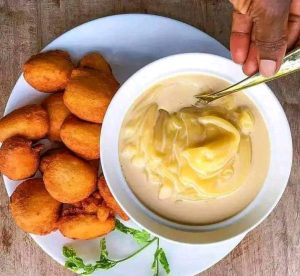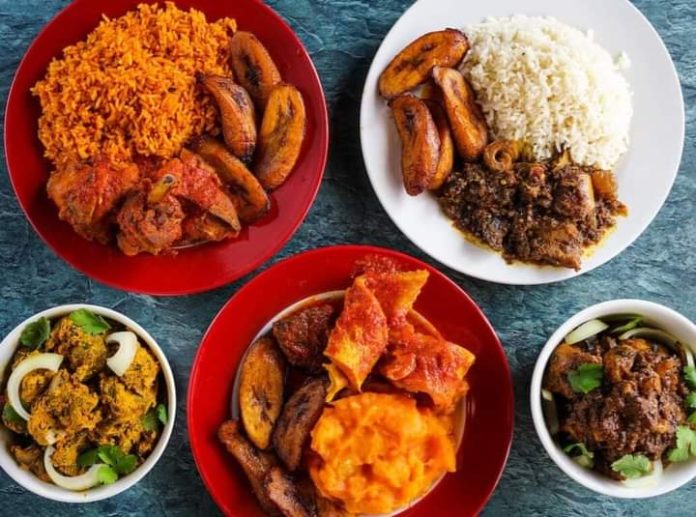It’s time to stop translating our food into names that don’t even begin to capture their essence. Akara is not “bean cake.” Moin Moin isn’t “bean pudding,” and Abacha is much more than “African salad.” When we label our foods with simplified, Westernized terms, we strip away the richness, history, and culture embedded in each dish. These translations do a disservice not only to the food itself but to the legacy that our culinary heritage carries.
Imagine if Italians had felt pressured to translate “pizza” as “cheesy flatbread.” Or if the French decided to call “croissants” simply “flaky bread rolls.” These names are respected globally because they carry the authenticity of their origins. We shouldn’t be shy to expect the same respect for our own traditional foods. When we call a dish by its true name, we’re making a powerful statement that this food is ours. It originated here, was perfected here, and belongs to a unique culture that deserves recognition on its own terms.
Why should we try to explain away our foods by renaming them into English terms that simply don’t fit? If we truly want to promote Nigerian culture and cuisine on the world stage, we must give our dishes the respect they deserve by calling them by their real names. Let’s take pride in “Akara,” “Garri,” and “Eba” and push to make these names known globally. When foreigners come across Nigerian cuisine, they should encounter these original names, just as we encounter words like “sushi” from Japan or “tapas” from Spain.
Next time you’re talking to a friend from the UK or the US about what you had for dinner, say proudly, “I had Akara and Akamu.” If they’re curious, they can Google it. That curiosity opens a door to understanding and appreciating our culture. The internet and social media give us a platform to showcase Nigerian cuisine and export our food culture far beyond our borders.
Promoting Nigerian dishes with their authentic names is more than just a cultural preference. It’s an imperative. We’re at a time when food is one of the most powerful ways to promote national identity. Just as the world has embraced Japanese ramen and Italian pasta, the time has come for Nigerian dishes to stand proudly in their own right. Let’s show the world the depth, flavor, and history of Nigerian cuisine by letting Akara be Akara, by letting Eba be Eba. It’s time to respect our heritage and take our place on the global culinary stage.
 By calling our foods by their true names and celebrating them as they are, we’re doing more than just preserving tradition—we’re exporting Nigeria’s identity.
By calling our foods by their true names and celebrating them as they are, we’re doing more than just preserving tradition—we’re exporting Nigeria’s identity.




